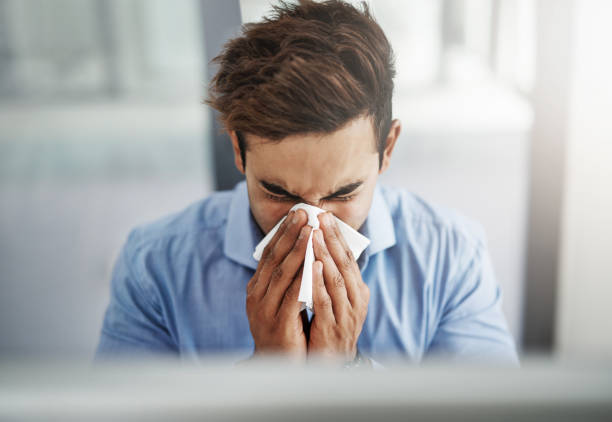The arrival of spring is usually associated with blooming flowers and warmer weather, but for many people, it also means the start of allergy season. Allergic reactions to pollen, also known as hay fever, can cause sneezing, itchy eyes, and other uncomfortable symptoms. Unfortunately, recent studies suggest that pollen seasons are getting longer, meaning that allergy sufferers may have to deal with these symptoms for longer periods of time.
Scientists have been monitoring pollen levels around the world for decades, and their data indicates that pollen seasons are starting earlier and lasting longer than they used to. This trend is particularly noticeable in areas that have experienced rapid climate change in recent years. In these areas, warmer temperatures and longer growing seasons are causing plants to produce more pollen, and for longer periods of time.
The consequences of longer pollen seasons can be significant. Allergic reactions to pollen can cause a range of symptoms, from mild discomfort to more severe respiratory problems. In some cases, allergies to pollen can lead to asthma attacks, which can be life-threatening. For people who suffer from allergies, longer pollen seasons mean more time spent dealing with symptoms and a higher risk of complications.
Fortunately, there are steps that people can take to minimize their exposure to pollen and reduce their allergy symptoms. For example, wearing a mask when outside can help prevent pollen from entering the nose and mouth. Keeping windows closed and using air conditioning can also help reduce pollen levels inside the home. Over-the-counter allergy medications can provide relief for many people, and some individuals may benefit from immunotherapy, a treatment that can help reduce sensitivity to allergens over time.
It is also important for policymakers and public health officials to take action to address the longer pollen seasons. This may include measures to reduce greenhouse gas emissions and slow the pace of climate change, as well as efforts to increase public awareness of the risks of pollen allergies and the steps that people can take to protect themselves.
In conclusion, longer pollen seasons are a growing concern for people who suffer from allergies. While there is no easy solution to this problem, there are steps that individuals can take to protect themselves, and there is a need for broader action to address the underlying causes of longer pollen seasons. By working together, we can help minimize the impact of pollen allergies and ensure that everyone can enjoy the benefits of springtime without the discomfort of allergy symptoms.



